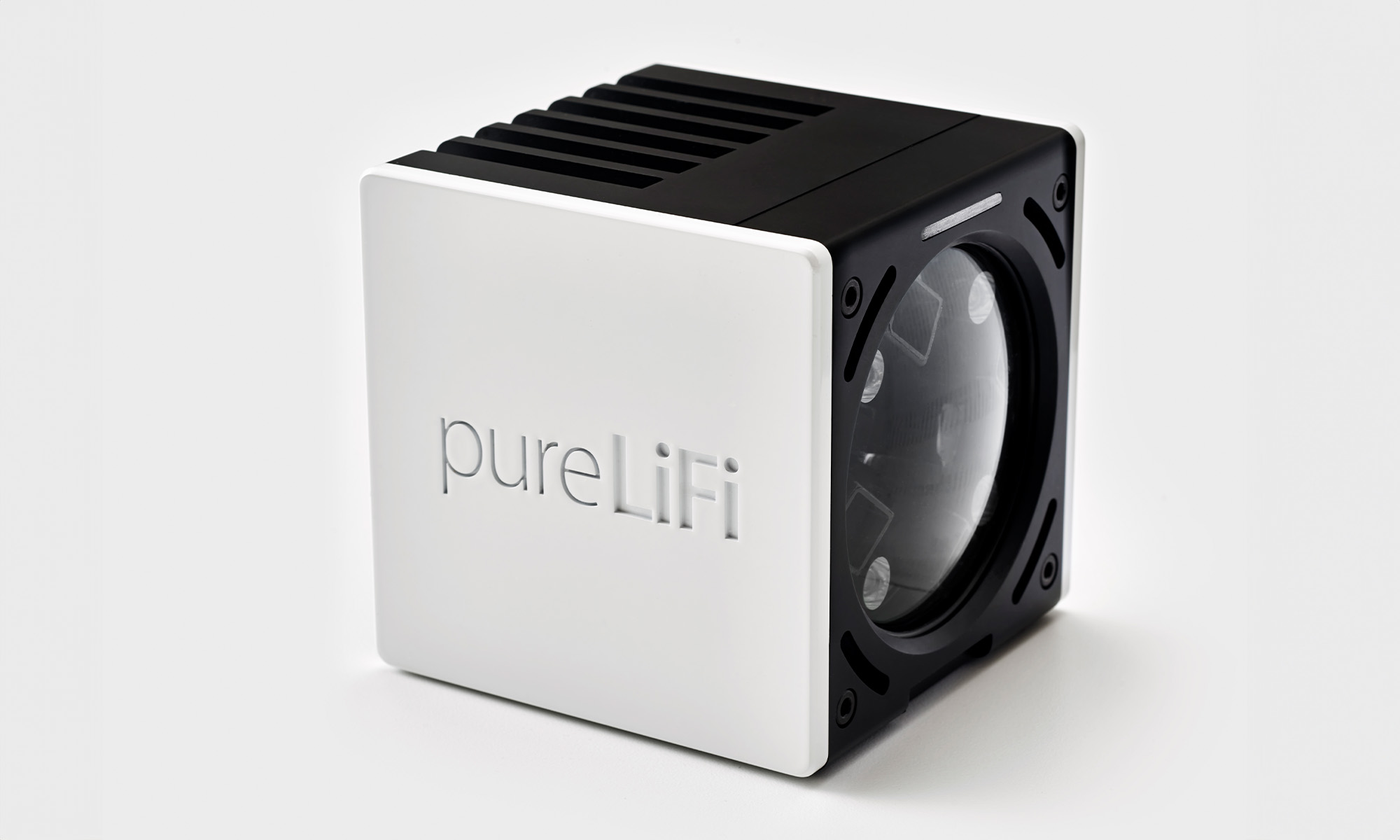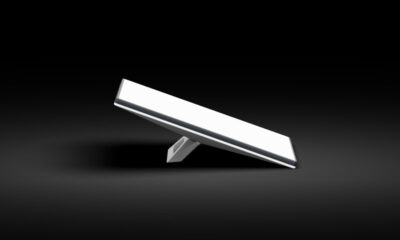News
Meet LiFi: The New Tech Delivering High-Speed Internet Using Light
The cutting-edge innovation offers low latency, stable streaming, and doesn’t force users to compromise with bandwidth.

Looking for faster internet than Wi-Fi? Enter LiFi, a groundbreaking technology launched by pureLiFi, a UK-based company, at the Mobile World Congress (MWC 2024) in Barcelona. This innovative approach to wireless communication utilizes light, offering users low latency and congestion-free experiences for gaming, video conferencing, and media streaming.
Unlike traditional methods like Wi-Fi and 5G, LiFi transmits data wirelessly through light, circumventing common issues such as buffering and signal vulnerability. Ron Schaeffer, pureLiFi’s chief strategy officer, highlighted LiFi’s ease of use and lack of congestion compared to traditional Wi-Fi.
“Just like Wi-Fi access points people have, it is also a plug-and-play. People can plug into a network, and within a few seconds, you have LiFi,” explained Schaeffer.

“Importantly, it is not subject to congestion like Wi-Fi is. Everyone who would be connected to LiFi will have full bandwidth. For instance, if you are watching a video, someone is on a video call and another person is playing a VR game, you all are competing for Wi-Fi bandwidth. With LiFi, everyone has their own bandwidth. You can take off the Wi-Fi network and put it onto LiFi; the internet experience also improves because it is less congested. So, we say LiFi makes Wi-Fi better,” the Chief Strategy Officer added.
LiFi boasts impressive capabilities, transmitting and receiving 1GB of data per second in each direction, covering an area of up to 50 square meters. Its inherent security benefits, stemming from its inability to pass through walls, make it particularly interesting to security-conscious users.
Also Read: Getting Started With Google Gemini: A Beginner’s Guide
pureLiFi plans to collaborate with telecom providers to deploy its devices in homes and offices. Schaeffer emphasized the company’s potential to revolutionize internet connectivity, citing its vast spectrum availability compared to radio frequencies.
Alistair Banham, CEO of pureLiFi, expressed excitement about LiFi’s ability to address current and future connectivity challenges, including the release of light antennas for various devices: “LiFi is now ready to augment and extend other wireless technologies ushering in a new era of bandwidth, speed and reliable communications,” he said.
News
Samsung Smart Glasses Teased For January, Software Reveal Imminent
According to Korean sources, the new wearable will launch alongside the Galaxy S25, with the accompanying software platform unveiled this December.

Samsung appears poised to introduce its highly anticipated smart glasses in January 2025, alongside the launch of the Galaxy S25. According to sources in Korea, the company will first reveal the accompanying software platform later this month.
As per a report from Yonhap News, Samsung’s unveiling strategy for the smart glasses echoes its approach with the Galaxy Ring earlier this year. The January showcase won’t constitute a full product launch but will likely feature teaser visuals at the Galaxy S25 event. A more detailed rollout could follow in subsequent months.
Just in: Samsung is set to unveil a prototype of its augmented reality (AR) glasses, currently in development, during the Galaxy S25 Unpacked event early next year, likely in the form of videos or images.
Additionally, prior to revealing the prototype, Samsung plans to introduce…
— Jukanlosreve (@Jukanlosreve) December 3, 2024
The Galaxy Ring, for example, debuted in January via a short presentation during Samsung’s Unpacked event. The full product unveiling came later at MWC in February, and the final release followed in July. Samsung seems to be adopting a similar phased approach with its smart glasses, which are expected to hit the market in the third quarter of 2025.
A Collaborative Software Effort
Samsung’s partnership with Google has played a key role in developing the smart glasses’ software. This collaboration was first announced in February 2023, with the device set to run on an Android-based platform. In July, the companies reiterated their plans to deliver an extended reality (XR) platform by the end of the year. The software specifics for the XR device are expected to be unveiled before the end of December.
Reports suggest that the smart glasses will resemble Ray-Ban Meta smart glasses in functionality. They won’t include a display but will weigh approximately 50 grams, emphasizing a lightweight, user-friendly design.
Feature Set And Compatibility
The glasses are rumored to integrate Google’s Gemini technology, alongside features like gesture recognition and potential payment capabilities. Samsung aims to create a seamless user experience by integrating the glasses with its broader Galaxy ecosystem, starting with the Galaxy S25, slated for release on January 22.


























